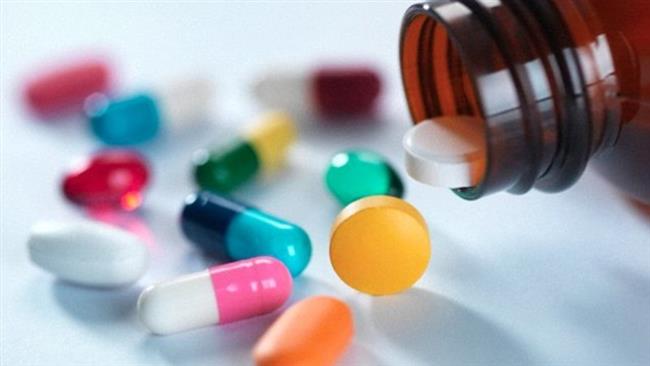European regulators approved 39 new cancer drugs between 2009 and 2013 despite having no evidence that they worked better than existing medicines, or at all, researchers said Thursday.
The number represented more than half of 68 treatments to become available for European cancer patients during this period, they said, "raising serious questions about the current standards of drug regulation."
Apart from dashing patient hopes, allowing unproven medicine onto the market also unnecessarily exposed people to toxicity inherent in all drugs, while inflating state pharmaceutical spending.
Writing in The BMJ medical journal, a team of public health experts expressed concern about the approval of often-pricey new cancer drugs by the EU regulator, the European Medicines Agency (EMA).
"This situation has negative implications for patients and public health," they warned.
"When expensive drugs that lack clinically meaningful benefits are approved and paid for within publicly funded healthcare systems, individual patients can be harmed, important societal resources wasted, and the delivery of equitable and affordable care undermined."
Many drugs were approved on the basis of inconclusive, early test results such as lab experiments, which were unable to predict whether they would actually make a patient feel better or live longer.
Another study, published in 2015, had found that most cancer drugs approved by the US Food and Drug Administration (FDA) between 2008 and 2012 similarly came with no evidence that they boosted patient survival or improved quality of life.
One of the authors of the American study, Vinay Prasad from the Oregon Health & Science University, pointed out that the average cancer drug in the US costs more than $100,000 (85,000 euros) per person per year.
"In the US, this broken system means huge expenditures on cancer drugs with certain toxicity but uncertain benefit," he wrote in a comment also carried by The BMJ.
"The US Medicare program is legally required to pay for any drug approved by the FDA without negotiation on price."
Given the toxicity and expense of cancer drugs, patients should be exposed only "when they can reasonably expect an improvement in survival or quality of life," said Prasad.
The new study found that 11 new drugs approved by the EMA between 2009 and 2013 were not shown to work any better than existing medicines to which they were compared, co-author Courtney Davis of Kingís College London told AFP.
In the case of 20 drugs, they worked no better than a placebo or "dummy" drug, and another eight were not compared to anything at all, "so we donít know whether they extend or improve life," she said.











